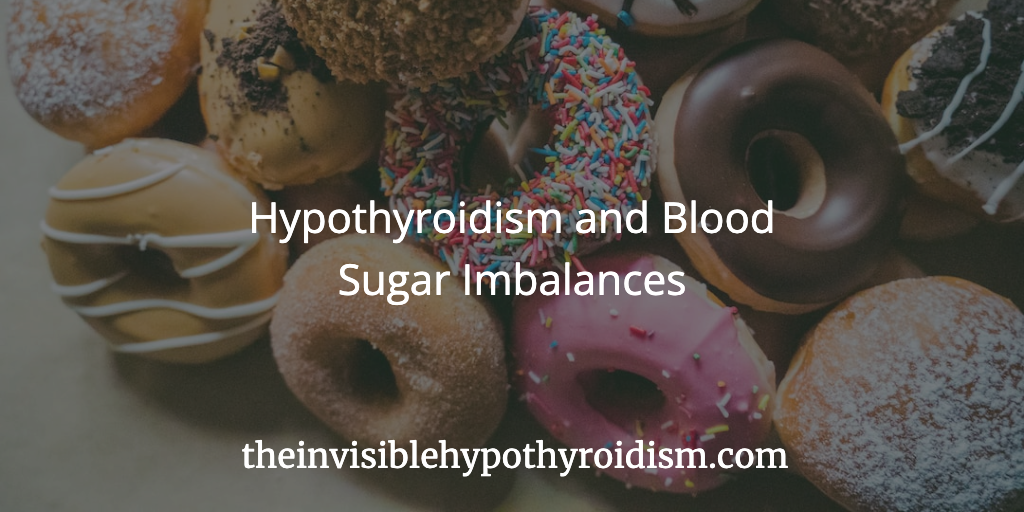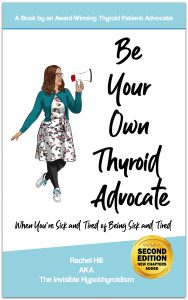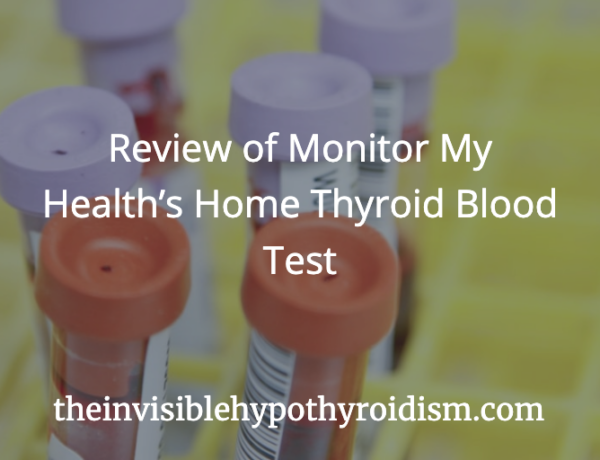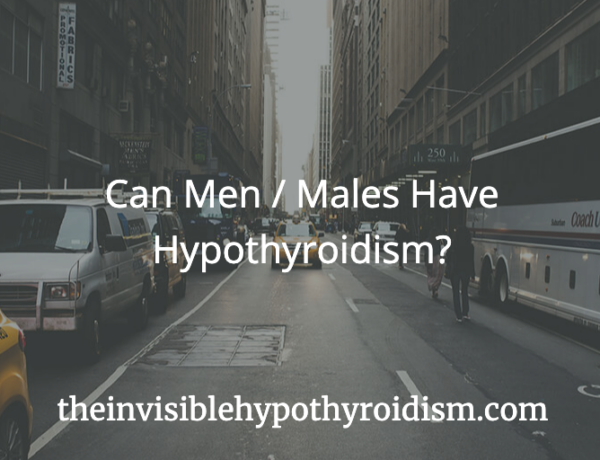Originally published on 2nd July 2016 Last updated on 5th February 2024
Are you just going about your day and then suddenly BAM! Your blood sugar drops from a spike earlier on and you suddenly feel dizzy, shaky and nauseous?
You need food like RIGHT NOW.
Before I read about the importance of keeping my blood sugar levels more stable, as opposed to it dramatically spiking up and down constantly, I used to base all my meals and snacks around carbs. And this wasn’t helping my thyroid health, as I struggled with ongoing fatigue, brain fog, headaches and more, which all resolved or greatly improved with a more mindful approach to my meals and snacks.
Important note: Blood sugar is supposed to go up after you eat, though there can be a problem when it spikes up dramatically, crashes back down and this repeatedly happens throughout the day, which can leave you feeling fatigued, brain fogged, with a headache and irritable. This post looks at how we can eat in a way that the blood sugar ‘spikes’ are less dramatic, so we are feeling more ‘balanced’.
Feeling The Lows
Before addressing my blood sugar issues, I would get dizzy, shaky and nauseous whenever my blood sugar would drop after a big spike from eating something high in sugar or carbs (and not much else) a short while before.
(Just to be clear, I do not have diabetes or pre-diabetes. When I speak about blood sugar imbalances, also known as dysglycemia, I am referring to the sudden increase and drop in blood sugar levels which occur in reaction to a diet high in foods that rank highly on the glycaemic index. If you have severe reactions to eating carbs or sugar, please do get checked for diabetes!)
Signs of Imbalanced Blood Sugar
Symptoms of imbalanced blood sugar can include feeling ‘hangry’, headaches, feeling faint and dizzy, feeling hungry again soon after eating, feeling tired, grouchy and irritable.
Until recently, I wasn’t aware that it was putting a lot of extra stress on my adrenal glands (which was not helping my ‘adrenal dysfunction’) by eating in this way, and also likely contributing to my high thyroid antibodies of Hashimoto’s.
Since realising that I needed to adjust my diet to allow more protein and fats and less sugar and carbs, my up and down blood sugar pattern and symptoms are gone. And I feel so much better for it.
My practitioner recommended at least one third protein and fats to two thirds vegetables, carbs etc.
Our Increased Risk of Blood Sugar Imbalances
Research has shown that having Hashimoto’s puts us at an increased risk of blood sugar imbalances or glycemic impairments and this then places extra stress on our adrenals, which isn’t helpful. [1]
Adrenal dysfunction (such as high or low cortisol levels) can mimic a lot of hypothyroid symptoms and be half the problem when people are feeling unwell with a thyroid condition.
Many of us as with thyroid conditions have what is commonly called ‘adrenal dysfunction‘ and stressors like poor diet and bouncing blood sugar levels can contribute to this.
When your blood sugar levels drop below normal, your adrenal glands respond by secreting cortisol. This cortisol then tells the liver to produce more glucose, which brings blood sugar levels back to normal. Doing this repeatedly can cause abnormal cortisol output and can suppress pituitary function, worsening adrenal health and more.
Understanding The Glycemic Index
The glycemic index is a measurement of how quickly we burn food, and simple carbohydrates such as refined white sugar, refined flour, white rice, white bread, potatoes and carrots all have a very quick burn rate. Because of this, when eaten, they can cause a spike in our blood sugar, followed by a crash soon after.
Despite it sometimes being believed that carbohydrates keep us fuller for longer, we actually often tend to become hungry again in less than an hour after consuming them.
What Should We Eat Instead?
This is where more protein-rich diets can be better for us.
Fat and protein have a slower burn rate. They are absorbed more slowly and gradually and so do not raise blood sugar levels as quickly as carbs and sugar do. They also keep us fuller for longer.
Assuming enough calories are eaten to feel full, a person will be hungry again around two to three hours after eating protein, and about four hours after eating fat.
When we talk about fat, we often feel that it’s something that should be avoided, but we actually require an adequate amount of fat for proper bodily functions (including those of our hormones). It’s a focus on eating the right type of fats that we should have.
Healthy fats play a big role in our mental health and moods, brain function, energy levels, weight management and hormonal health.
I ensure I consume enough protein and fat in every meal and snack, in order to keep my blood sugar levels balanced and promote ongoing, stable energy levels.
Good sources of protein can include meats, cheese, eggs, nuts, seeds, yoghurts, beans and legumes.
Good sources of fat include olive oil, sesame oil, avocados, olives, nuts, seeds, peanut butter, flaxseed, salmon, chia seeds, eggs and even seed butter.
We can aim to eat every two to three hours to keep blood sugar levels balanced and adrenals functioning well. Going a long time without food, such as with fasting, can place extra stress on the adrenal glands.
Don’t skip breakfast either!
The Difference For Me
My moods and fatigue definitely improved, and my headaches stopped.
Making these small changes, such as having chicken in place of a sugar-filled cereal bar at 11am has really made a lot of difference. I feel fuller for longer, I’m not irritable, I can concentrate at work better and I’m not having sudden drops in blood sugar disrupting my day.
Thyroid brain fog is improved and my Hashimoto’s is even in remission with the help of this simple knowledge.
Making this simple change to how I eat has really made a lot of difference. It’s been an important piece of my thyroid jigsaw puzzle.
Do you actively work to keep your blood sugar levels balanced?
See also:
The book Be Your Own Thyroid Advocate: When You’re Sick and Tired of Being Sick and Tired, which contains helpful information like this article and so much more.
You can click on the hyperlinks in the above post to learn more and see references to information given, but more reading and references can also be found at:
References:
[1] https://www.ncbi.nlm.nih.gov/pubmed/22378092
https://www.ncbi.nlm.nih.gov/pmc/articles/PMC3968713/







